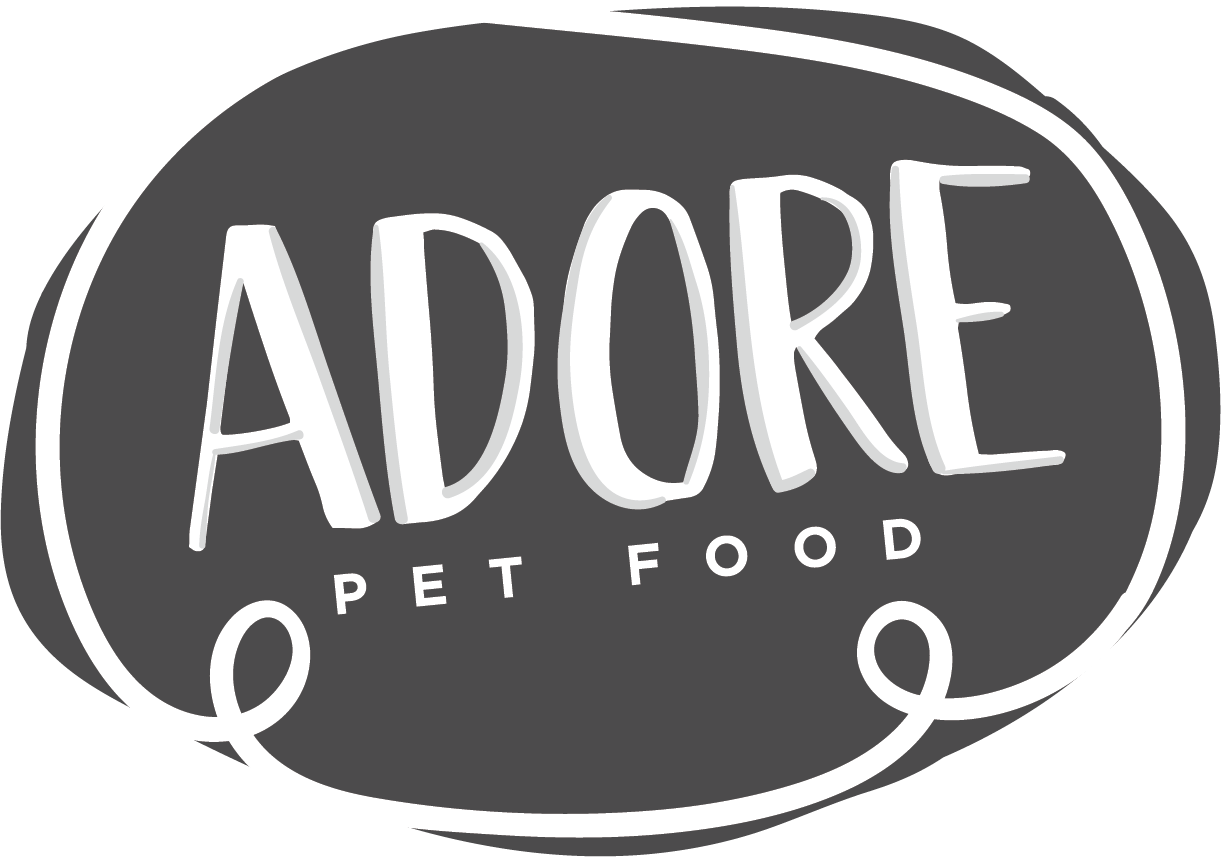While humans are often allergic to something the first time they are exposed to it, dogs and cats tend to develop an allergy over time to something they are regularly ingesting. Classic allergy signs are chronic ear infections, chewing/licking at feet, recurrent anal gland problems, and red/itchy skin. If your pet has any of these symptoms, consult your veterinary team! Not all pets will present with the same symptoms, so if you notice any changes with your pet, it is always best to call your veterinary practice for their advice.
Although pets can develop allergies to many different ingredients, the most likely culprits are proteins. These are the largest molecules and are most likely to be recognized as “foreign” by the immune system.
A very common method of diagnosing a food allergy or intolerance is to feed your pet a new or “novel” protein. To determine the best protein you need as thorough a diet history as possible, what proteins has your pet NOT eaten? What proteins have they had in their food? Treats? Chews? Snuck from the dinner table? Work with your veterinary team to come up with some protein options that you are confident your pet has not had before. They can then guide you to which product might be best for your pet.
Diet trials are often 8-12 weeks long, sometimes longer. You need to be very strict and ensure your pet is not eating anything other than the prescribed food so you can evaluate whether the food is making an impact. If your pet is eating a novel protein diet, but still sneaking snacks from the table, it will be impossible to know whether the diet was working or not.
The “gold standard” in diagnosing an allergy would be to challenge your pet once they have improved. For example, if after 8 weeks on a new diet your pet’s previously goopy ears look great, the most definitive diagnosis would then involve re-introducing the food you believe was the initial problem, and evaluating whether your pet’s symptoms re-emerge. However, most owners are understandably reluctant to do this and proceed under the assumption that their pet DOES have a food allergy and that they have identified a diet that will work and they continue to feed the new diet, being mindful not to add in any conflicting treats/chews/etc.
Veterinary diets are the best option for pets with novel protein needs. The veterinary diet companies are very careful to minimize any risk of cross contamination between ingredients, ensuring that their novel protein diets are as pure as possible. They are also very proactive in communicating any ingredient changes so you know if your pet’s diet has changed.
If you think your pet might have an allergy, or you want to discuss novel protein diet options, connect with your veterinary team! If you have questions about the Adore products, connect with us at:

